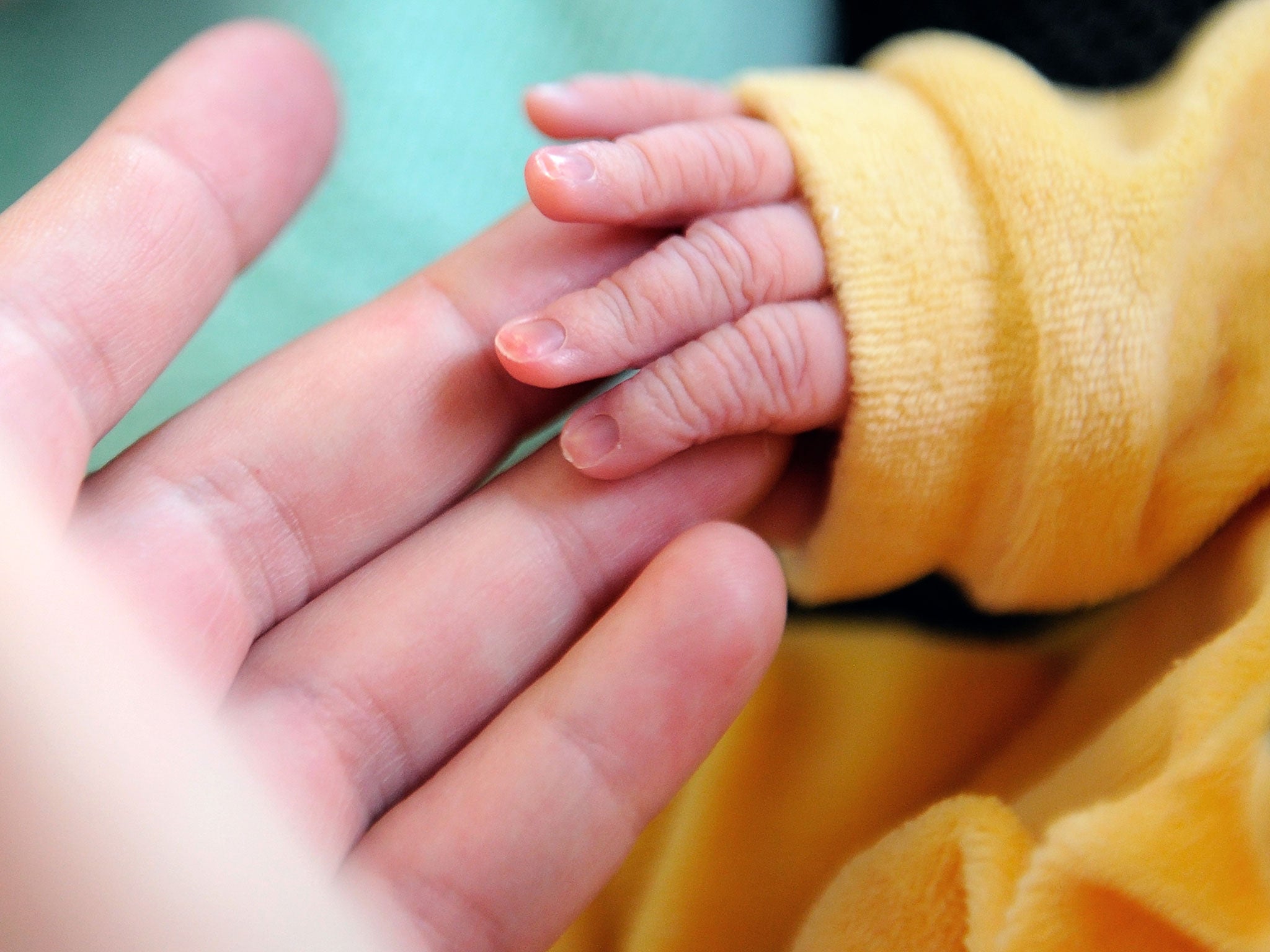A man's weight could affect his sperm, study finds
Scientists studied the sperm of lean and obese men

Your support helps us to tell the story
From reproductive rights to climate change to Big Tech, The Independent is on the ground when the story is developing. Whether it's investigating the financials of Elon Musk's pro-Trump PAC or producing our latest documentary, 'The A Word', which shines a light on the American women fighting for reproductive rights, we know how important it is to parse out the facts from the messaging.
At such a critical moment in US history, we need reporters on the ground. Your donation allows us to keep sending journalists to speak to both sides of the story.
The Independent is trusted by Americans across the entire political spectrum. And unlike many other quality news outlets, we choose not to lock Americans out of our reporting and analysis with paywalls. We believe quality journalism should be available to everyone, paid for by those who can afford it.
Your support makes all the difference.They way that a man's weight affects his sperm could see his children predisposed to obesity, according to a new study which could see men being advised to moderate their behaviour in a similar way to pregnant women.
To test the effects of body weight on sperm, scientists studied the fluid of slim and obese men, as well as those undergoing weight-loss surgery.
Researchers found epigenetic – the term used to describe heritable changes on gene expressions – differences between each group.
Lead scientist Dr Roman Barres, from the University of Copenhagen in Denmark, said: “Our research could lead to changing behaviour, particularly pre-conception behaviour of the father.
"It's common knowledge that when a woman is pregnant she should take care of herself - not drink alcohol, stay away from pollutants, etc - but if the implication of our study holds true, then recommendations should be directed towards men, too."
Such changes could be linked to regions of DNA which control the appetite, and scientists believe this could explain why children with obese fathers are prone to weight gain.
As part of the research, scientists studied six men before, during, and a year after gastric by-pass surgery to help them lose weight.
After the weight loss they discovered an average of 5,000 changes affecting sperm cell DNA, including “dramatic remodelling” of areas involved in appetite.
The scientists carried out the research, published in the journal ‘Cell Metabolism’, after a 2005 study showed that food availability in a small Swedish village hit by famine correlated with the risk of grandchildren developing heart disease or diabetes.
Scientists believe such genetic influences hark back to an age when a big appetite and weight gain may have helped humans to survive.
"It's only recently that obesity is not an advantage," said Dr Barres. "Only decades ago, the ability to store energy was an advantage to resist infections and famines."
The team is now working with a fertility clinic to study epigenetic differences in discarded embryos produced from the sperm of men with varying body weight.
Fertility expert Professor Allan Pacey, from the University of Sheffield, said: "This is an interesting study which provides further evidence to support the theory that some characteristics can be passed by sperm from a father to his children, without altering the basic structure of the genetic code.
Addressing the small sample size, he said: "Whilst the study examines a relatively small number of individuals, the fact that such significant differences can be found in the epigenetic markers of lean and obese men is intriguing and, in my opinion, worthy of more detailed investigation.
"In addition, the fact that changes can be seen in men before and after significant weight loss also adds some validity to the findings."
Additional reporting by PA
Join our commenting forum
Join thought-provoking conversations, follow other Independent readers and see their replies
Comments